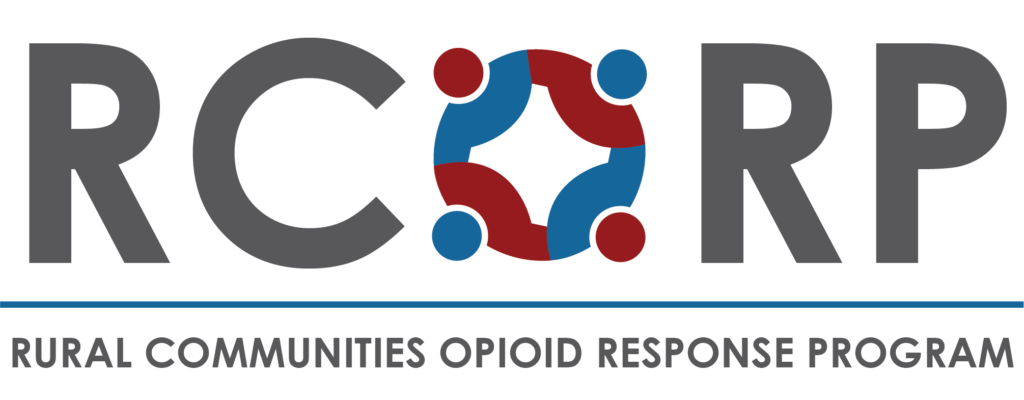A Qualitative Analysis of US State Laws Regulating Incentives for Health Behavior
This presentation describes the results of a qualitative study examining state laws regulating incentives for health behavior. Such laws may have important implications for provision of contingency management for substance use disorder, including in rural areas.
Nurse Practitioners and Physician Assistants as Buprenorphine Providers: Facilitators and Barriers
This webinar presentation describes the expansion of nurse practitioners and other advanced practice clinicians into opioid use disorder treatment, particularly in rural communities. It also explores barriers and facilitators regarding nurse practitioner engagement in buprenorphine treatment, including regulations, education, and broader social factors such as stigma. Specific considerations for advanced practice clinicians’ work with members of rural communities are discussed.
Welcoming Recovery
Stigma remains a challenge in community discussions of substance use disorder (SUD) and SUD treatment. It may create obstacles as an organization in a rural area works to establish a new treatment facility. To help reduce stigma and communicate the wide-reaching benefits of increasing access to treatment closer to home, the center has developed the […]
Resources for Monitoring Substance Use Trends
This article describes the websites for federal agencies and national or international organizations which can be useful sources of information about SUD trends, tools, and messaging. The highlighted websites include the National Drug Early Warning System (NDEWS), Centers for Disease Control and Prevention (CDC), National Institute on Drug Abuse (NIDA), Drug Enforcement Administration (DEA), Center for Forensic Science Research and Education (CFSRE), United Nations Office on Drugs and Crime (UNODC), and several community websites offering discussion forums.
Reducing Stigma in Rural EDs and Other Care Settings
This campaign aims to promote a stigma-free care environment while connecting individuals and families with treatment resources. It includes posters featuring people in recovery and emergency department providers who care for patients with substance use disorder. QR codes on the posters link to short videos with these individuals’ stories.
How to Select a Site
“Finding the right spot for a recovery residence isn’t easy. Considerable time, effort, and forethought are required, but due diligence in advance can pay off handsomely later. That’s because location is so important to a home’s ultimate success or failure. This is particularly true in rural areas because of the close-knit, symbiotic relationship houses have with the surrounding community. No residence is an island, but in remote areas the recovery houses must be especially mindful of location so they can access the services needed to provide a complete Continuum of Care.”
How to Handle NIMBY
When a recovery housing site is proposed, the project may be met with a “Not in My Backyard (NIMBY)” reaction from the community members. This guide includes a methodology and checklist to proactively address NIMBY issues in your community.
How to Build Recovery Housing
This guide provides a stepwise approach to help you establish a local working group to initiate and oversee the development of recovery housing and services to meet the needs of your rural community.
Fundraising for Rural Recovery Houses
The viability of rural recovery houses can be strengthened through effective and well-thought-out fundraising efforts. This guide can support rural recovery houses seeking to develop their fundraising plans.
How to Implement Medication Assisted Recovery in Rural Residential Settings
This resource provides guidance on the importance of medication assisted recovery, through treatment with medications for opioid use disorder (MOUD), in addressing the opioid epidemic. Topics include how to find local healthcare providers, and how to manage medications in the recovery housing setting.

